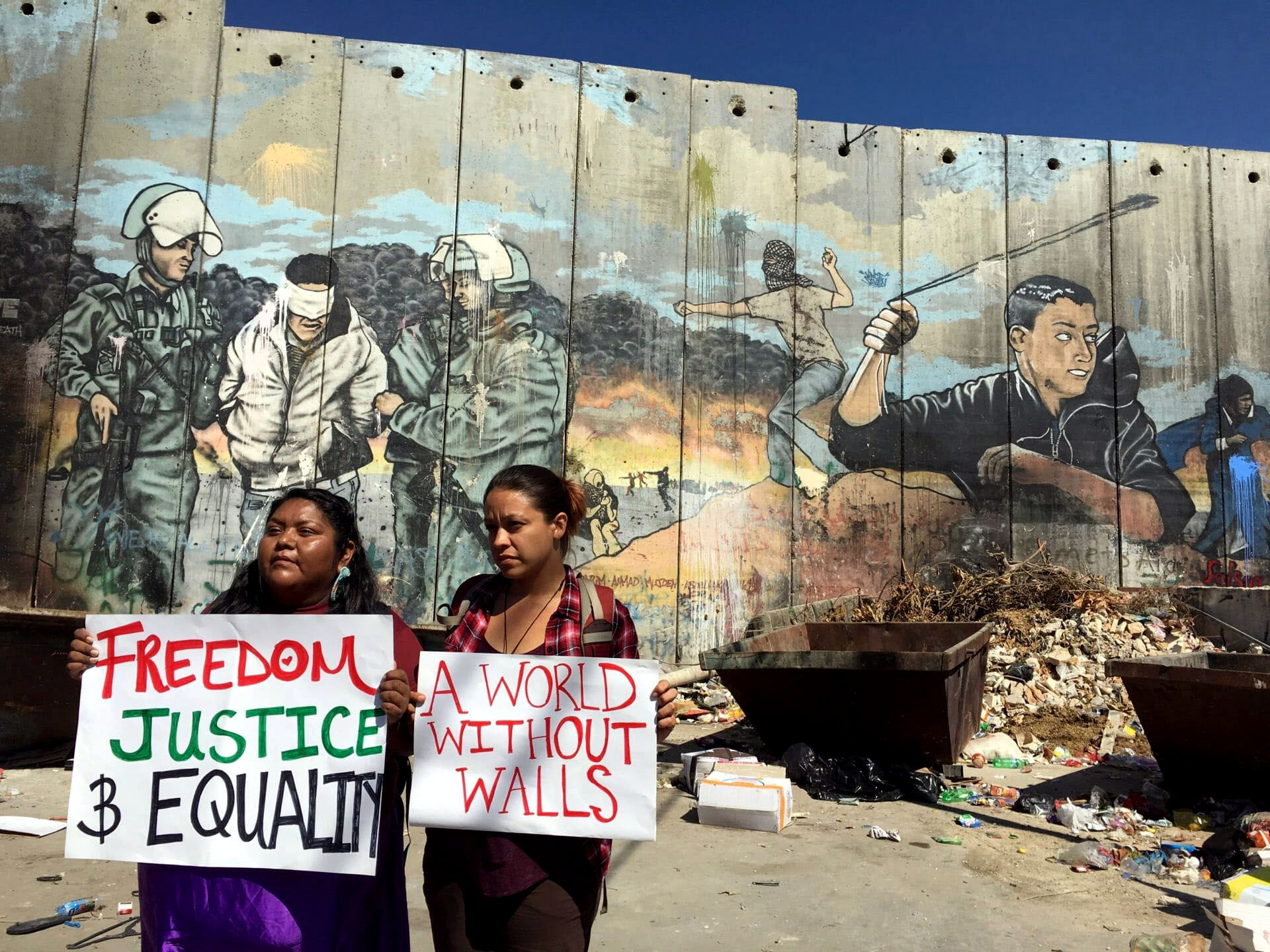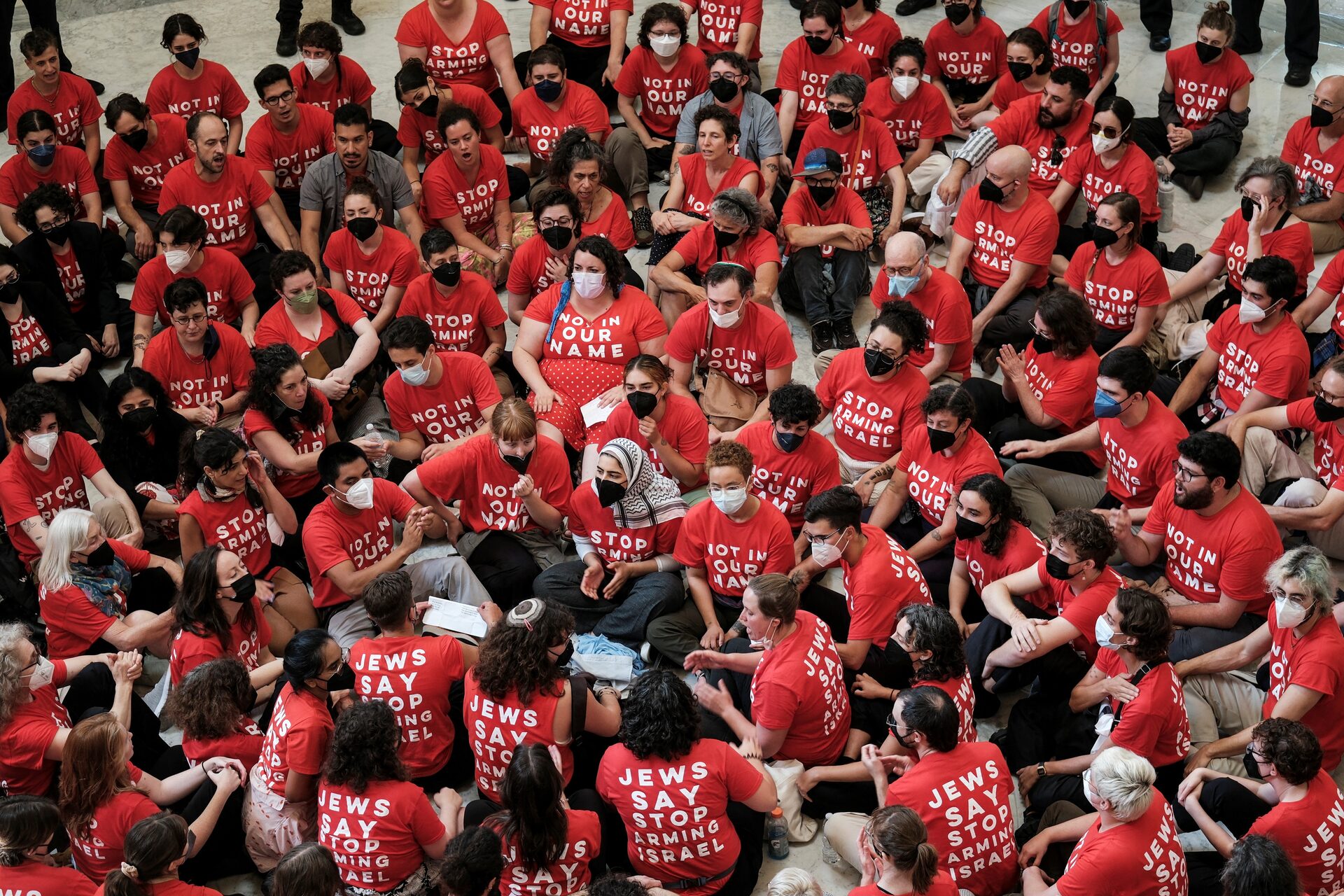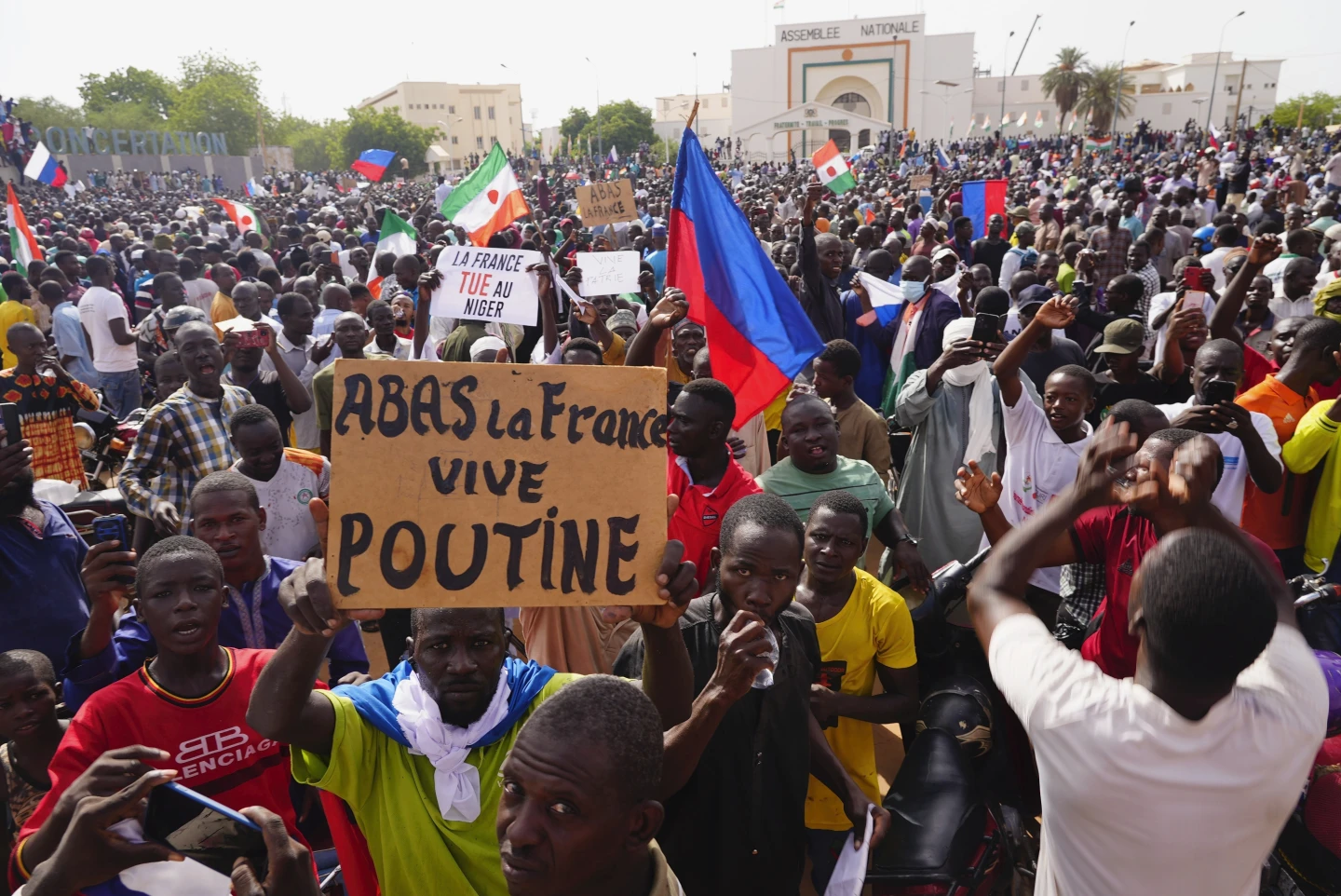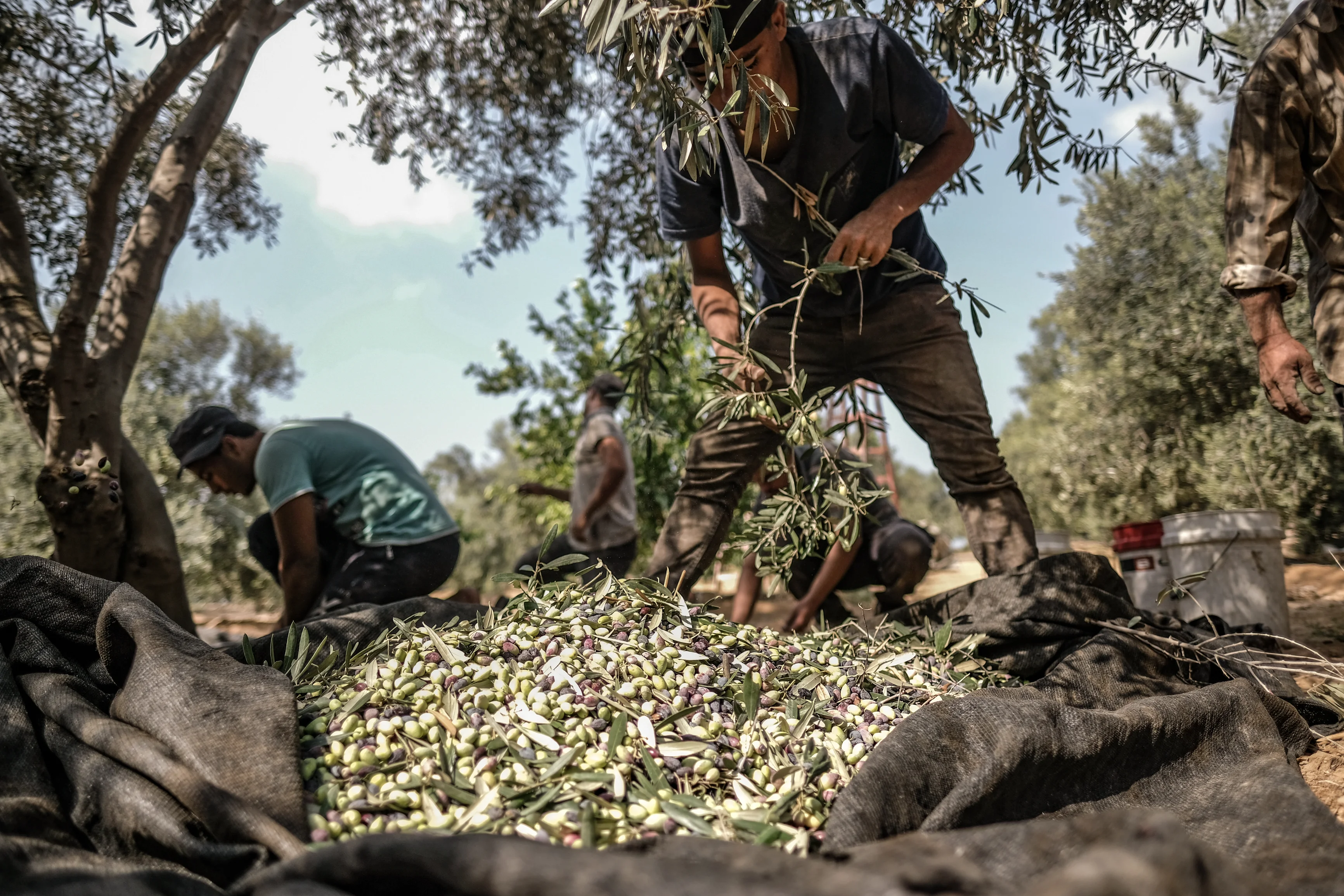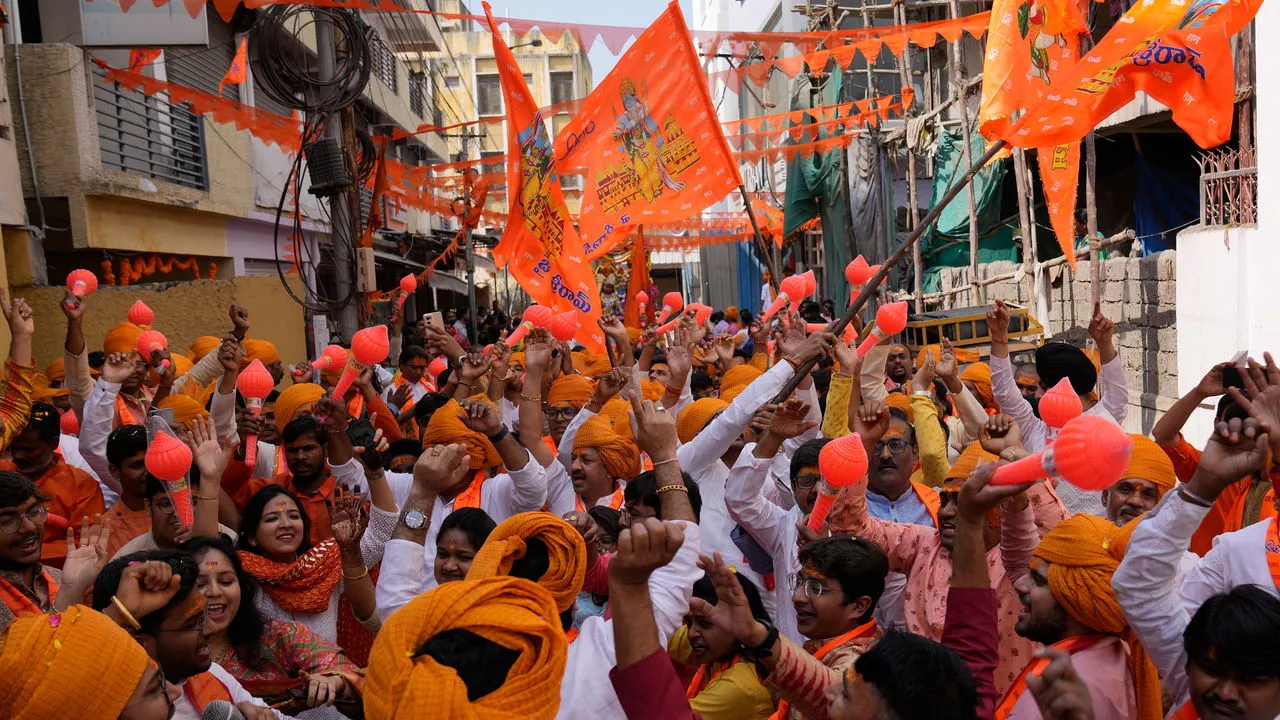Sidra’s Song, or Holy Rage For When Words are Inadequate
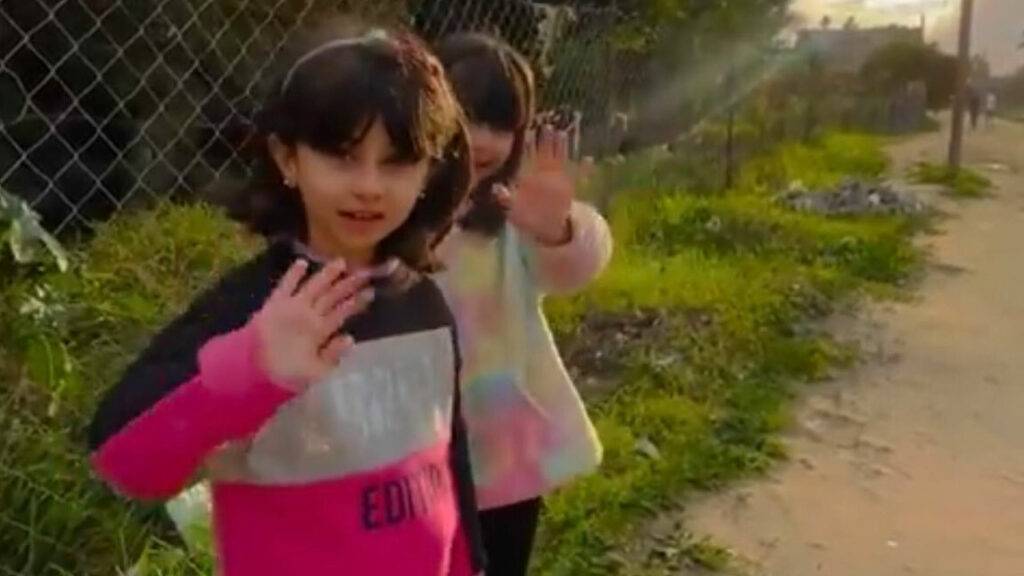
This speech was delivered on October 10, at a vigil organized by Harvard PSC to mark one year of genocide.
No language, vocabulary, or expression can convey the grief that we feel over Gaza.
Hell has been unleashed and the world stands silent.
Words can never do justice to the pain our hearts feel.
Our greatest expressions of grief are not capable of framing the internal agony that our souls endure day after day after day.
This grief engulfs our souls and sorrow overshadows us.
What do we say to each other as we mourn?
How many more prayers and invocations can be offered?
How many more tears can be shed?
Who else can we bring our complaints to?
Who will avenge the blood of the martyrs?
If there is God, can they hear our cries?
If there is God, may justice come speedily.
If there is God, may Gaza live.
Who can forget the cries of five-year-old Hind Rajab, brutally exterminated by a government bent on erasing Palestinians from the face of the earth?
Hind Rajab — killed by Israel
Hind Rajab — murdered by our American tax dollars
Hind Rajab — 335 bullets buried into the car she was sheltering in
Hind Rajab — a future stolen
Hind Rajab — a stain on our global conscience
Who will seek justice for Sidra Hossouma — the 12-year-old girl who was left hanging on a wall, her limbs blown off by Israeli Airstrikes
Sidra’s dreams were just like ours: to grow up, to live, to laugh, to travel, to study, to fall in love, to see the world
This world killed Sidra
Sidra — crucified by our silence
Sidra — destroyed by our bloodthirsty desire
Sidra, whilst dead, is more alive than any one of us.
Tell me, where is justice for the young boy who carried his brother’s remains in a school bag?
In every other place in the world, school bags contain books, in Gaza they contain the remains of dead people
In other places, children piece together Legos, in Gaza they piece together body parts
In other places, children play hide and seek from one another, in Gaza they hide from Biden’s bombs
In other places, children gaze at the stars, in Gaza their stars are falling missiles
Who will seek reparations for the souls of hundreds of thousands displaced, killed, stuck under the rubble?
Who will give back the lost futures, sacrificed on the altar of “security,” “nationalism,” and “a homeland”?
No matter how much we attempt to explain away, justify, intellectualize, and theorize, the cries of mothers, fathers, and children burned in their tents will haunt this world forever.
What is the use of our education when all we can do is slither and snake around the truth? To endlessly debate and intellectually masturbate when our hands are red with the blood of Gaza?
What is the use of our decolonial theory when a people struggling for their dignity aren’t afforded any?
Deluded and hypocritical, we declare institutional neutrality when our investments are killing our neighbors.
We are as guilty as those who hold the guns.
We are as guilty as those who send the bombs.
We are as guilty as those who turn away.
Even the stones of Gaza cry out. The rocks that crush the heads of innocent children. These stones condemn you, America.
Even the fires that lick Palestinian flesh off bone revile you, America.
America, your hands are bloody.
Harvard, your hands are bloody.
If the torn bodies of children, the burned flesh of mothers, or the wails of grieving fathers aren’t able to move us, we’re the ones to be pitied. We’ve descended into the depths of hell and traded our humanity for apathy.
But let not grief overcome our souls, my friends
or sorrow take away our strength
our martyrs ask that we continue the struggle
this is how we honor their memory.
The road is long and hard
it is paved with sacrifice
harder days will still come
but steel your resolve
remain immovable
the aim is singular
A free Palestine in our lifetimes.
Elom is convinced that the sorrow in our hearts is an indication of the potential for a better world. Currently in his final year at Harvard Divinity School, Elom’s work lies at the intersection of religious practices and foreign policy, specifically in Israel-Palestine. He believes that there can be no just peace without the recognition of the inherent and unquestionable worth of all human beings.
